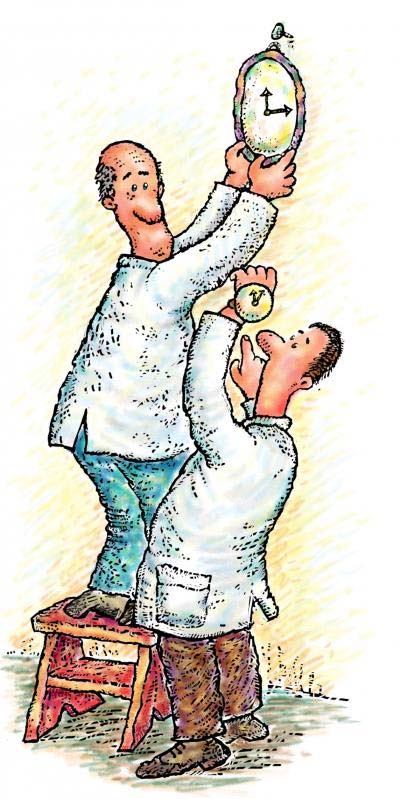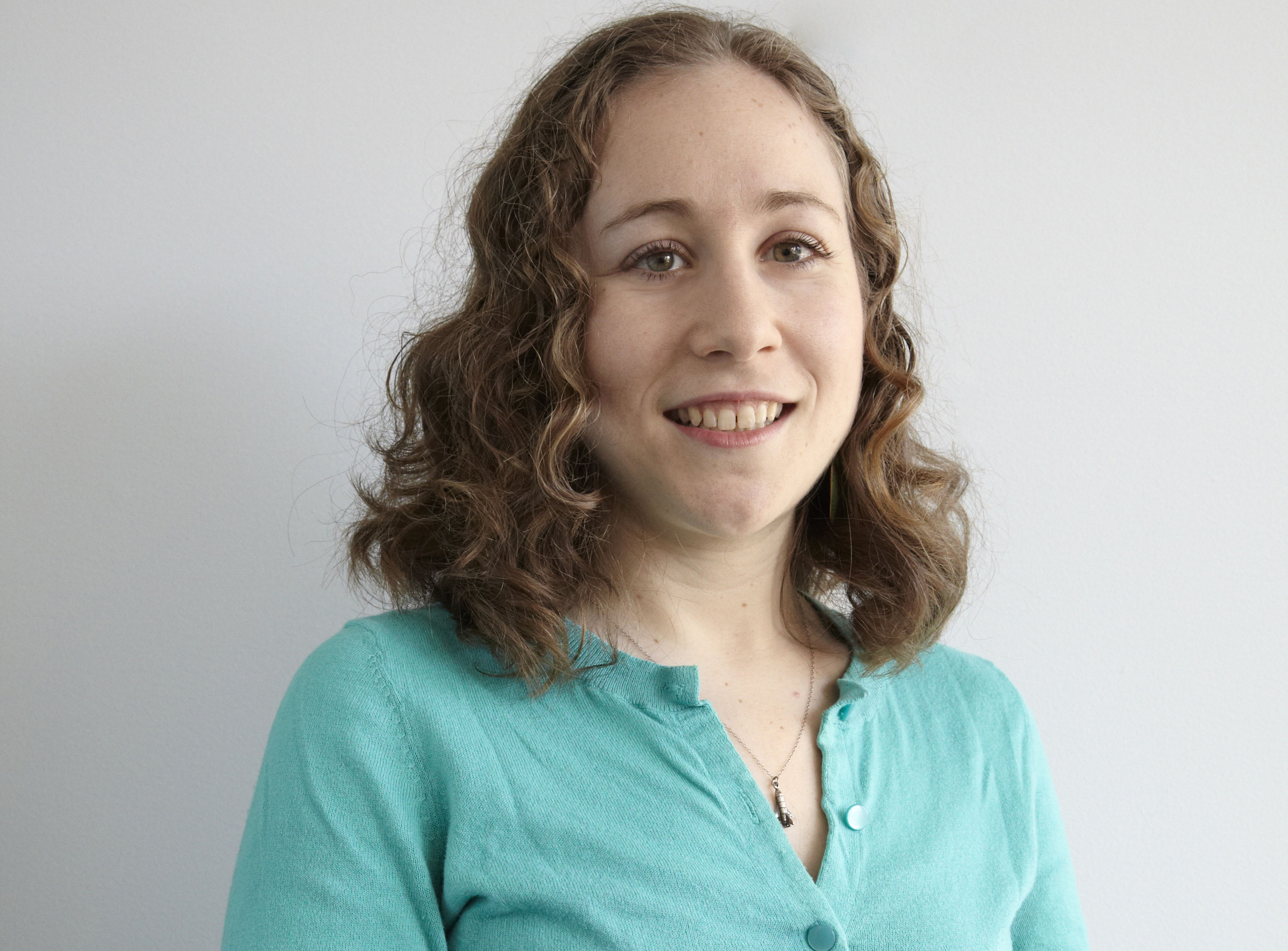The Higher You Are, the Faster You Age

Get the world’s most fascinating discoveries delivered straight to your inbox.
You are now subscribed
Your newsletter sign-up was successful
Want to add more newsletters?

Delivered Daily
Daily Newsletter
Sign up for the latest discoveries, groundbreaking research and fascinating breakthroughs that impact you and the wider world direct to your inbox.

Once a week
Life's Little Mysteries
Feed your curiosity with an exclusive mystery every week, solved with science and delivered direct to your inbox before it's seen anywhere else.

Once a week
How It Works
Sign up to our free science & technology newsletter for your weekly fix of fascinating articles, quick quizzes, amazing images, and more

Delivered daily
Space.com Newsletter
Breaking space news, the latest updates on rocket launches, skywatching events and more!

Once a month
Watch This Space
Sign up to our monthly entertainment newsletter to keep up with all our coverage of the latest sci-fi and space movies, tv shows, games and books.

Once a week
Night Sky This Week
Discover this week's must-see night sky events, moon phases, and stunning astrophotos. Sign up for our skywatching newsletter and explore the universe with us!
Join the club
Get full access to premium articles, exclusive features and a growing list of member rewards.
The stretching out of time predicted by Einstein's theories of relativity is known to occur on cosmic scales, such as near a black hole or with a speeding galaxy. But now researchers have measured the effects of relativity on a smaller scale.
Physicists used extremely accurate atomic clocks to calculate how time flows more slowly the closer someone is to Earth. The researchers found that even a height difference of around 1 foot (33 centimeters) causes a measurable change in the passing of time, or time dilation. For example, if one twin spent 79 years living at an altitude 1 foot higher than her sister, the first twin would end up approximately 90 billionths of a second older, the researchers found.
The scientists measured this by using super-sensitive clocks, each made of a single charged aluminum atom that vibrates between two energy levels over a million billion times per second. They placed one clock at a higher elevation in the lab than the other, and found, just as Einstein predicted, that the higher clock ran slightly faster than the lower clock. [Read about Einstein and 9 other mad scientists.]
"You need to have really high accuracy to be able to tell the difference that a small height change is going to make on the tick rate of your clocks," said study leader James Chin-Wen Chou of the National Institute of Standards and Technology. "So I would say that although our clocks can clearly see it, people won't feel any difference."
This so-called "time-dilation" effect is a consequence of Einstein's theory of general relativity, which posits that the gravity of a massive body – such as the Earth – warps the space-time around it, causing the flow of time to speed up or slow down depending on its distance from the mass. (Time is theorized to slow down the closer one gets to the massive body.)
Another discovery of Einstein's – so-called special relativity – revealed that time also appears to flow slower for a person standing still from the perspective of one who is moving. The researchers were able to verify this, too, by taking two identical atomic clocks and set one in motion so it moved in oscillations back and forth in the lab at a rate of several meters per second. That clock ticked at a slightly slower rate than the second clock, as predicted by relativity.
"We have to discard the concept of absolute time," Chou said.
Get the world’s most fascinating discoveries delivered straight to your inbox.
Though the scientists didn't have much doubt that the theories would hold up on these scales, it's important to show that clocks can now detect such small relativistic effects, he said.
"At end of the 19th century people were saying physics was pretty complete, until precision measurements came into play and showed that some theories are making predictions that don't agree with measurements ,and then we realize we don't understand nature," Chou told LiveScience.
The theory of special relativity, as well as some aspects of quantum mechanics, were born out of these earlier tests, he said.
The researchers reported their findings in the Sept. 24 issue of the journal Science.
- Twisted Physics: 7 Recent Mind-Blowing Findings
- Top 10 Greatest Mysteries in Science
- What Does E=mc^2 Mean?
 Live Science Plus
Live Science Plus











